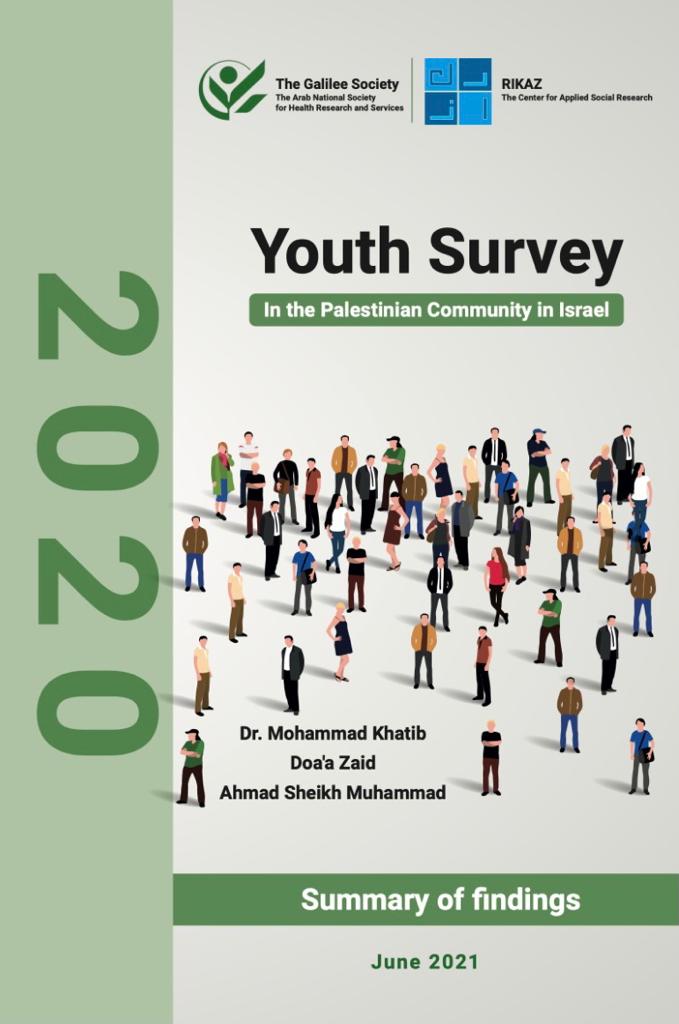Genetic Diseases and Bioinformatics
The increasingly large amounts of biological data, generated as a result of the Human Genome Project and other recently sequenced genomes, not to mention several ongoing sequencing projects, has led to a dramatic expansion in the discipline of bioinformatics.The magnitude of the generated data requires the implementation of powerful computational methods for data analysis. However, fruitful analysis of this data requires cooperation between multiple disciplines, including computer science, mathematics, statistics, genetics and molecular biology. Successful collaboration among these communities should lead to discoveries that will further enable the development of unifying global perspectives and principles in biology that can be applied to the advancement of medical research.
Select Research Projects:
MO-1, Novel Obesity Gene: Genotype and Phenotype Characterization of Obese and Lean Arab Groups from the Galilee
This project aims at building a comprehensive clinical and biochemical database for families with obesity and leanness from Sakhnin city, to further analyze the MO-1 gene in the individuals from these families, by examining the MO-1 gene sequence alterations including mutations and SNPs and to characterize the metabolic and biochemical significance of the MO-1 gene’s new alterations at the cell level.
Researchers: Dr. Malik Yousef (PI), Dr. Adel Shalata and Dr. Naim Najami, R&D Center, the Galilee Society. Fund: Ministry of science and technology).
Classification and Biomarker Identification Using Gene Network Modules and Support Vector Machines
Classification using microarray datasets is usually based on a small number of samples for which tens of thousands of gene expression measurements have been obtained. The selection of the genes most significant to the classification problem is a challenging issue in high dimension data analysis and interpretation. A previous study with SVM-RCE (Recursive Cluster Elimination), suggested that classification based on groups of correlated genes sometimes exhibits better performance than classification using single genes. Large databases of gene interaction networks provide an important resource for the analysis of genetic phenomena and for classification studies using interacting genes. We now demonstrate that an algorithm which integrates network information with recursive feature elimination based on SVM exhibits good performance and improves the biological interpretability of the results. We refer to the method as SVM with Recursive Network Elimination (SVM-RNE).
Researchers: Dr. Malik Yousef (PI), R & D center, the Galilee society; Mohamed Ketany, Al-Qasemi Academic College, Baqa Algharbiya, Dr. Larry Manevitz , Computer Science Department, Haifa University; Haifa; Dr. Louise Showe and Dr. Michael Showe, Molecular Oncogenesis/Systems Biology Program, The Wistar Institute, Philadelphia. Fund: Ministry of science and technology.
MicroRNA Target Genes Prediction Using Machine Learning Approaches
The application of one-class machine learning is gaining attention in the bioinformatics field due to the fact that many biological data were obtained from the target class only (positive class) without clear information about the control class. Also, sometimes the generation of the negative class is based on some unreliable assumptions. Different studies have described the use of two-class machine learning to predict microRNAs (miRNAs) gene target. Most of these methods require the generation of an artificial negative class. However, the generation of the negative class might affect the performance of the classifier dramatically and might yield a biased estimate of performance. We present study using one-class machine learning for miRNA target discovery and compare one-class to two-class approaches using a zero-norm for feature selection. The usage of this simple feature selection cause an improving of the one-class results, where in some cases reaches the performance of the two-class approach. The maingoal of this research is to develop a computational algorithm in order to predict the target for the miRNA.
Researchers: Dr. Waleed Khalifa- post doctorate; Dr. Malik Yousef (supervisor), R&D Center, the Galilee Society. Fund: Ministry of Science and Technology (Levi-Eshkol grant).


